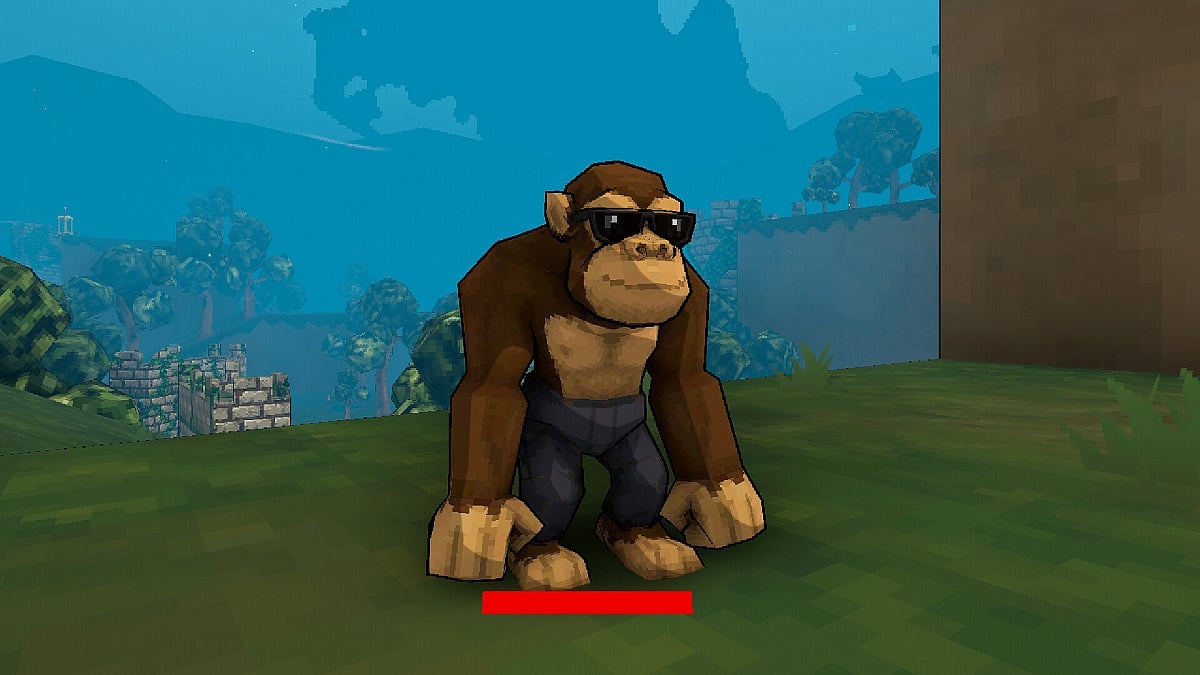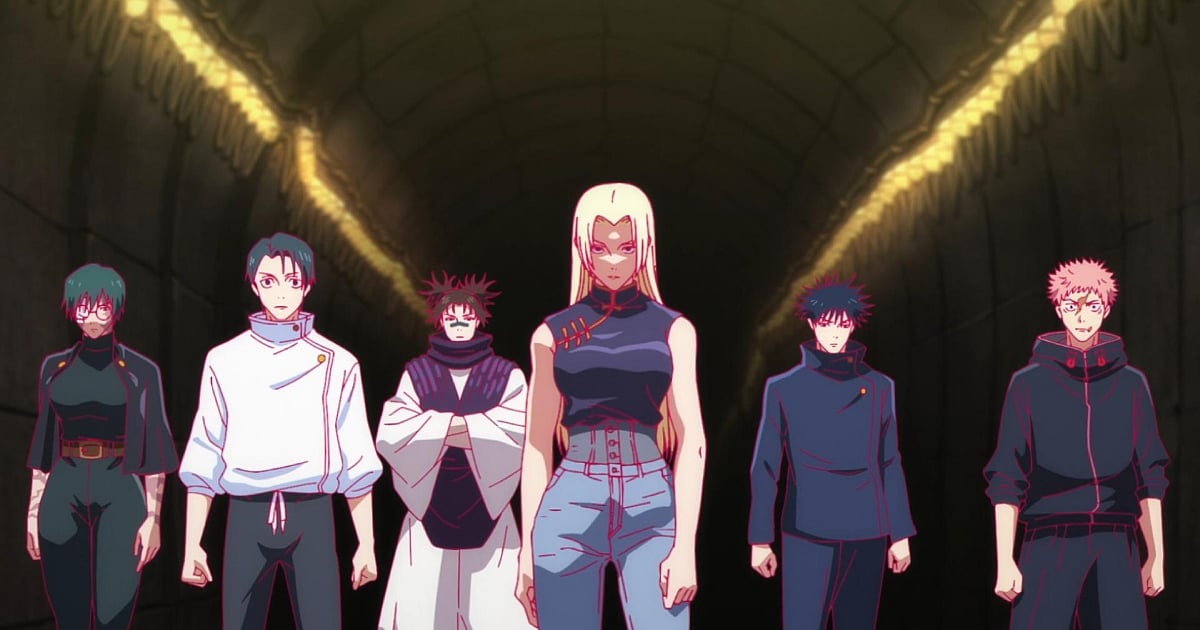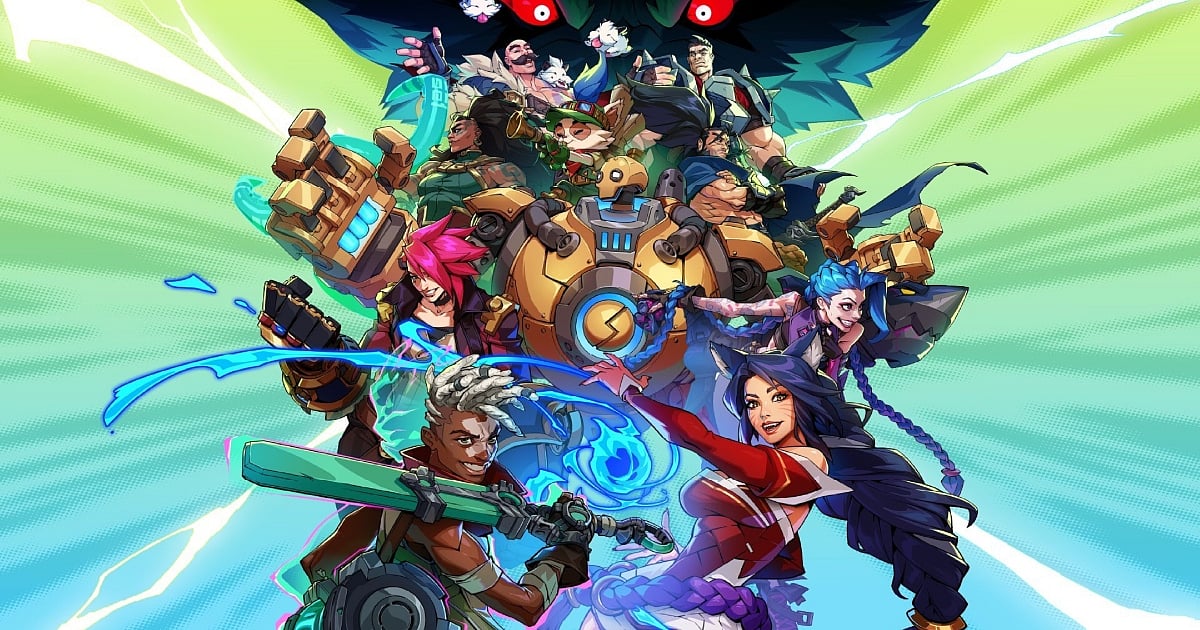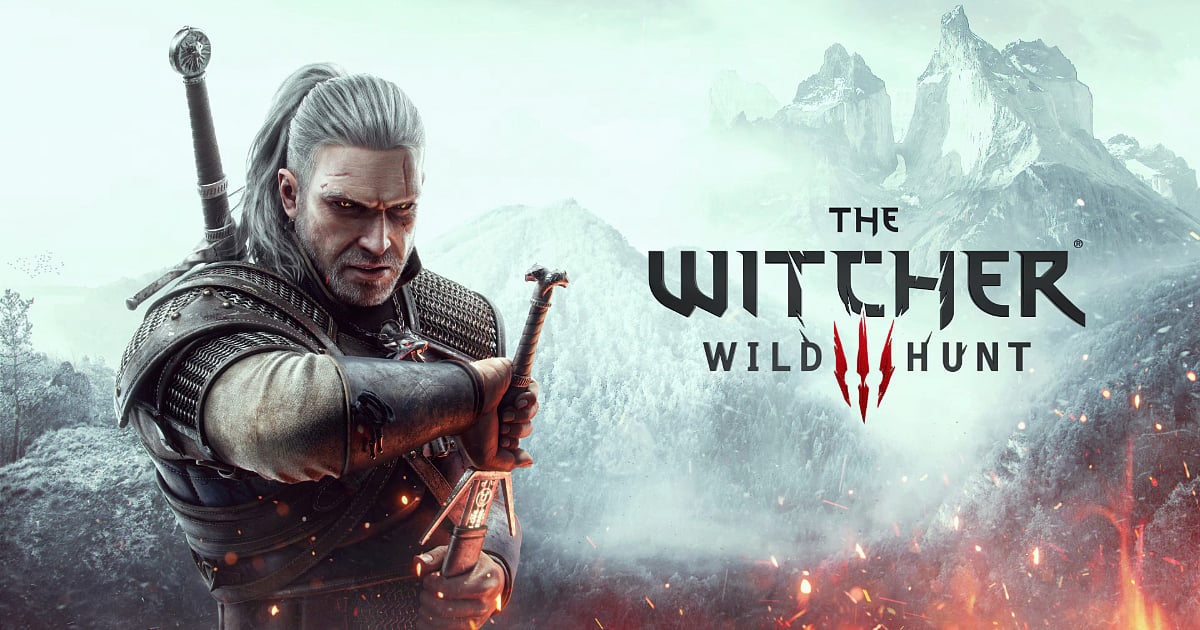
Megabonk
Creativity Over Cost: How Viral Indies of 2025 Succeeded
Highlights
- Megabonk and CloverPit, along with other recent indie hits, have sold hundreds of thousands to over a million copies each, largely through viral buzz and streamer attention.
- Both games thrive on creative mechanics, quirky presentation, and fast-paced gameplay loops that hook repeat players while inspiring memes and online communities.
- Success stories point to a new indie playbook: influencer reach, community feedback, low entry prices, and relentless post-launch updates can match or beat the marketing power of major studios.
The indie game market in 2025 has delivered some of gaming’s freshest stories of breakout success. Games like Megabonk and CloverPit, made on small budgets by tiny teams, have captured the internet’s attention, hit top-seller charts, and crossed coveted sales milestones. This success stands out in a year dominated by deep-discounted blockbuster releases and big-budget sequels, highlighting how a creative indie can still punch above its weight.
Megabonk: A Lesson in Community Management
Launched on Steam in late September, Megabonk quickly sold over one million copies in its first two weeks, even overtaking titles like Borderlands 4 and Hollow Knight: Silksong on global charts. Built by a solo developer, this 3D roguelike references the cult hit Vampire Survivors, but adds a skateboarding skeleton protagonist, wave-based gameplay, and nostalgic visuals that appeal to fans of PlayStation and Nintendo 64-era games. Players face off against absurd bosses like “Megachad” and can unlock 20+ wild characters, including a monkey in sunglasses.
Megabonk’s success owes as much to its gameplay as it does to its online presence. Its developer keeps fans laughing with lighthearted posts and memes, and connecting with the streaming community that helped promote the game. On Twitch and YouTube, Megabonk benefits from that ideal streamer game loop of high chaos, unpredictable runs, and endless “one more try” appeal. Social media reactions and word-of-mouth have been so strong that it became the eighth indie this year to top 100,000 concurrent Steam players.
CloverPit: Critical Satire Turned Critical Success
CloverPit, a roguelite that mashes up horror, gambling, and dark humor, reached 300,000 units sold within its launch week. Playable as a tense slot-machine escape from debt, the game surprised even its two-person team by beating triple-A sales on Steam’s global charts. Coverage by streamers like Vinesauce and Northerlion fueled its viral climb even further, and CloverPit’s demo had already primed the indie gaming community for launch. The developers’ openness with fans and their embrace of “meme status” ensured a constant buzz.
CloverPit’s virality came not just from its “sinister” theme and replayable structure, but also its critical satire on gambling, a resonant conversation point in an era of lootboxes and microtransactions. The devs released post-launch quality-of-life updates rapidly based on community feedback, deepening loyalty and keeping momentum going even when AAA rivals were offering seasonal sales during the recent Autumn sales on Steam.
What the Trend Means for the Industry
For aspiring devs, 2025’s indie upsets suggest marketing mastery is as much about understanding online culture and player communities as it is about buying ad space. Streamers, memes, and positive community engagement can outpace giant publishers if the core experience is sticky and distinctive.
For players, the rise of these indie stars delivers more creative, weird, and personal gaming experiences while keeping prices accessible. Indie games remain a playground for experimentation, satire, and storytelling that the industry’s biggest franchises often shy away from. The mega-successes of Megabonk, CloverPit, and their peers set the blueprint for potential future viral indies. Developers build for fun, work with the community, do something different, and let the internet do the rest.

Author
Abhimannu Das is a web journalist at Outlook India with a focus on Indian pop culture, gaming, and esports. He has over 10 years of journalistic experience and over 3,500 articles that include industry deep dives, interviews, and SEO content. He has worked on a myriad of games and their ecosystems, including Valorant, Overwatch, and Apex Legends.
Abhimannu Das is a web journalist at Outlook India with a focus on Indian pop culture, gaming, and esports. He has over 10 years of journalistic experience and over 3,500 articles that include industry deep dives, interviews, and SEO content. He has worked on a myriad of games and their ecosystems, including Valorant, Overwatch, and Apex Legends.
Related Articles







